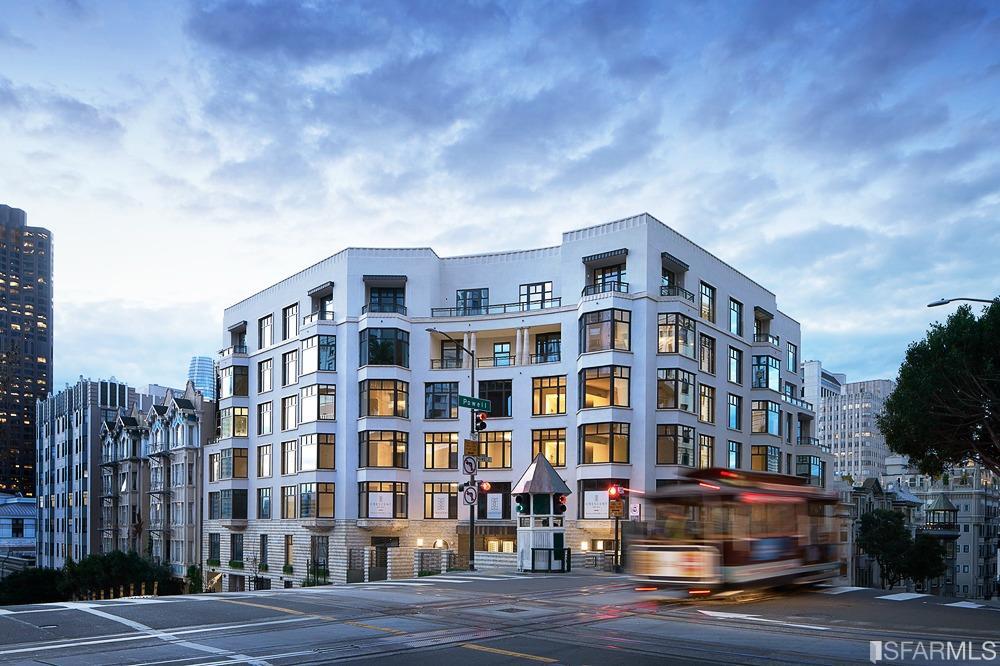HOA Condo Living: Finding Your Perfect Neighborhood
HOA Condo Living: Finding Your Perfect Neighborhood
Blog Article
The Duty of an HOA in Developing and Enforcing Area Guidelines for Residents
The function of a Homeowners Association (HOA) in developing and implementing community standards is fundamental to maintaining a orderly and natural household atmosphere. By formulating clear policies that control aspects such as building maintenance and community conduct, the HOA not only sets standards for citizens but additionally promotes a feeling of belonging and liability.
Recognizing Homeowners Associations
Homeowners associations (HOAs) function as controling bodies for property neighborhoods, playing an essential duty in keeping property values and fostering a sense of neighborhood. Typically formed by developers, HOAs are composed of property owners within a designated area who elect a board to supervise the association's activities. The primary features of an HOA consist of applying neighborhood guidelines, handling typical locations, and arranging community occasions.
HOAs operate under a collection of governing records, consisting of problems, limitations, and covenants (CC&R s), which detail the civil liberties and obligations of house owners. These laws intend to make sure that properties are maintained to a particular standard, consequently protecting the aesthetic charm and general value of the community. Additionally, HOAs usually collect fees from home owners to fund upkeep, landscape design, and other area solutions.
The presence of an HOA can substantially affect the living experience within an area (hoa condo). While some locals appreciate the organized setting and amenities offered, others may discover particular guidelines limiting. Stabilizing the interests of all homeowners is necessary for an HOA to operate properly, making certain that it offers its intended purpose of improving neighborhood living while valuing specific homeowner rights
Creating Area Standards

To start, an HOA must perform studies or hold meetings that enable citizens to articulate their problems and recommendations. This participatory procedure cultivates a feeling of ownership and increases compliance. Next, the HOA board must analyze the feedback to identify common motifs and priorities that call for official incorporation in the standards.
It is likewise important to make certain that the standards are clear, concise, and quickly understood. Ambiguities can lead to problems and misconceptions, undermining the function of the guidelines. The guidelines should be extensive, covering different aspects of community living, consisting of residential property upkeep, noise degrees, and use of common locations.
Enforcement of Guidelines
Effective enforcement of area guidelines is important for maintaining order and ensuring that all homeowners follow the developed guidelines. An HOA must carry out a structured technique to enforce these laws, which typically involves a mix of monitoring, interaction, and penalties for non-compliance.
First, normal assessments and neighborhood patrols can aid identify offenses, guaranteeing that regulations are consistently used across the community. This aggressive tracking permits the HOA to address problems prior to they escalate, promoting a feeling of responsibility amongst residents.
Second, clear interaction is important. Citizens should be notified of the regulations and the procedures for Discover More reporting infractions. An open line of interaction urges residents to voice worries and look for clarification on guidelines, which can improve conformity.

Finally, when infractions happen, the HOA needs to apply repercussions as laid out in the controling documents. This may consist of warning letters, penalties, or, in extreme instances, lawsuit. It is very important that penalties are applied fairly and consistently to maintain trust within the community. By effectively applying policies, an HOA can cultivate a harmonious living environment that mirrors the cumulative worths of its citizens.
Benefits of HOA Laws
Various benefits emerge from the application of HOA policies, which offer to improve the lifestyle within a community. One primary benefit is the upkeep of home values. By enforcing standards for aesthetic appeals and upkeep, HOAs make sure that homes and typical locations remain appealing, cultivating a desirable living environment that can cause enhanced residential or commercial property worths in time.
In addition, HOA policies advertise consistency and harmony within the area. This coherence in layout and maintenance assists to develop a sense of belonging amongst residents, adding to area satisfaction and a positive environment. Furthermore, established standards facilitate dispute resolution amongst neighbors by giving clear assumptions and methods for actions, consequently reducing disagreements.
Another substantial advantage is the stipulation of shared facilities and services. Lots of HOAs take care of area facilities such as parks, swimming pools, and clubs, which boost recreational opportunities for locals. These facilities not only enhance the high quality of life yet check over here also encourage social interaction.
Ultimately, the regulations stated by an HOA cultivate a well-organized, unified area, guaranteeing that citizens appreciate a high criterion of living while cultivating a helpful atmosphere for all house owners.
Typical Difficulties Encountered by HOAs
Amidst the benefits that property owners organizations (HOAs) can supply, they likewise run into a selection of difficulties that can hinder their performance. Numerous home owners might not participate in conferences or community tasks, leading to a disconnect in between the HOA board and locals.
An additional difficulty is the enforcement of rules and laws. Conflicts can emerge when locals really feel that enforcement is inconsistent or prejudiced, possibly causing conflicts within the neighborhood. In addition, HOAs typically encounter financial restrictions, which can restrict their ability to preserve usual areas or fund area projects. This can produce frustration among citizens that expect high criteria of upkeep.
Moreover, browsing legal intricacies can be intimidating for HOAs. Developing and transforming demographics community needs need HOAs to adapt their standards, typically meeting resistance from long-lasting locals that are accustomed to standard standards.
Conclusion

By developing clear guidelines that control aspects such as building maintenance and neighborhood conduct, the HOA not just sets criteria for residents however additionally fosters a sense of belonging and liability.Homeowners associations (HOAs) offer as regulating bodies for residential communities, playing a crucial role in preserving property learn the facts here now values and promoting a feeling of community. Lots of home owners may not take part in meetings or neighborhood activities, leading to a disconnect in between the HOA board and citizens. Altering demographics and advancing area needs need HOAs to adjust their guidelines, commonly fulfilling resistance from long-standing homeowners that are accustomed to conventional standards. Via the development of clear regulations and regular enforcement, HOAs promote property maintenance, area pride, and count on among residents.
Report this page